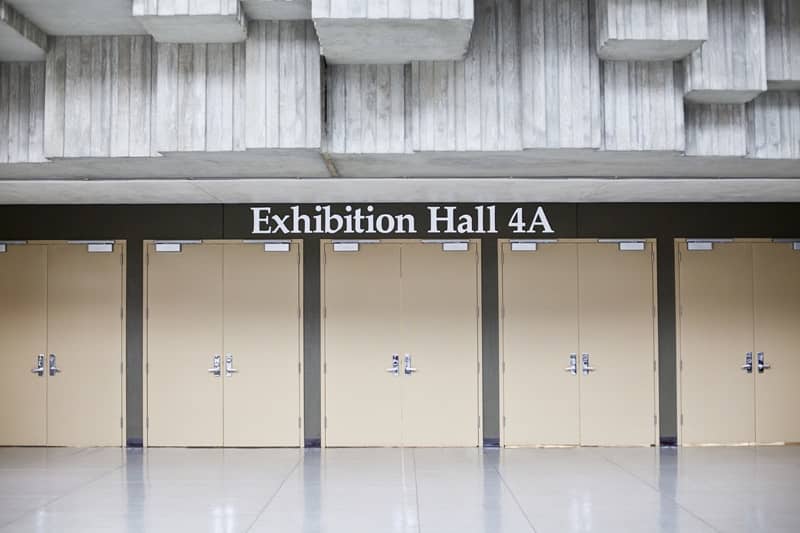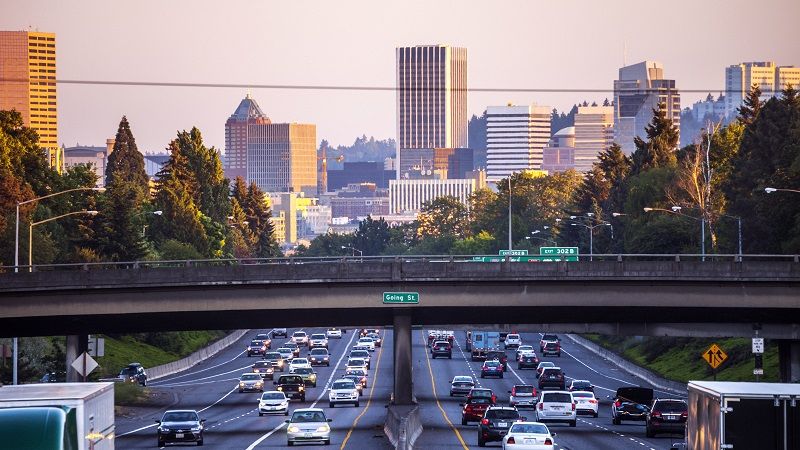By John A. Charles, Jr.
Last week Gov. Tina Kotek released the recommendations of her Portland Central City Task Force. Although most of the ideas were helpful, as a package they were tepid.
For example, the report calls for a moratorium on any new taxes for the next three years. That’s nice, but it’s about 20 years too late. Portland’s tax burden is driving high-income residents out of the city. Local officials should strongly consider repealing or reducing the following:
Portland – business license tax, construction excise tax, arts tax, gasoline tax, Clean Energy Fund (PCEF) tax, the Children’s Levy, and all fees related to new construction
Multnomah County – business license tax, Preschool for All (PFA) tax
Metro – homeless service tax, construction excise tax (CET)
TriMet – regional payroll tax
The number one candidate for elimination is the PCEF tax. That program has so much excess money sloshing around that Commissioner Carmen Rubio recently offered to transfer $540 million to other city bureaus working on “climate action.” Most of what PCEF purports to do is already being done by the Energy Trust of Oregon, which by itself collects more than $200 million per year in ratepayer dollars.
Getting rid of PCEF would send a strong message that Portland is serious about reform.
The two construction excise taxes (Portland and Metro) have always violated basic economic theory by discouraging the things elected leaders said they wanted: new housing. When you combine those taxes with Portland’s “inclusionary zoning” rules – which force developers to sell a number of units at below cost – it’s no wonder that we have a shortage of housing.
System Development Charges (SDCs) imposed on new construction have long been problematic. Conceptually, the idea of having growth pay for itself is fine, but SDC rules have rarely accomplished that goal. It’s difficult to accurately predict what the impacts of new development will be, and there is little connection between the specific impact fee and how the money is spent.
Perhaps the most memorable example of this problem was the 2002 decision by the City Council to force a pizza shop owner on SE Belmont to pay a transportation impact fee of $27,000 for moving his restaurant across the street – to a building with smaller seating capacity.
Even after all five Councilors admitted that the fee made no sense, they unanimously voted to make him pay. When asked how he would finance it, he replied, “One slice at a time.”
Attitudes towards new development have not improved since then. The current fee schedule, even for simply meeting with planners, is discouraging.
Not every tax needs to be repealed. In some cases the solution might be to lower rates or apply the tax to a broader class of payers. But Portland officials should start the review process with a rebuttable presumption that many taxes will be eliminated.
City leaders also need an attitude adjustment regarding homelessness. The notion that we should increase spending and provide more “wraparound” services is naive. We already spend hundreds of millions of dollars on a relatively small number of people, yet the group appears to be growing.
That’s not a surprise. Enabling dysfunctional behavior usually leads to more dysfunction. In exchange for public assistance, we need to insist that recipients get on a path to self-reliance.
With regard to drug use, a key selling point of Measure 110 was that in exchange for decriminalizing minor drug possession, we would make health assessment and recovery services for drug addiction widely available. In fact, Measure 110 called for the establishment of at least 16 Addiction Recovery Centers (ARCs), open 24 hours per day.
But in 2021, the Oregon legislature deleted that part of the law. Now we have Behavioral Health Resource Networks (BHRN). I don’t know what a BHRN is, but it sounds like a bait-and-switch. If legislators want to send a clear message about the policy goal, they should reestablish the requirement for Addiction Recovery Centers.
Portland cannot regulate its way to revitalization. The City needs lower taxes and a strong focus on protecting lives, property, and public spaces.
John A. Charles, Jr. is President and CEO of Cascade Policy Institute, a free market public policy organization based in Portland. He can be reached at john@cascadepolicy.org.












